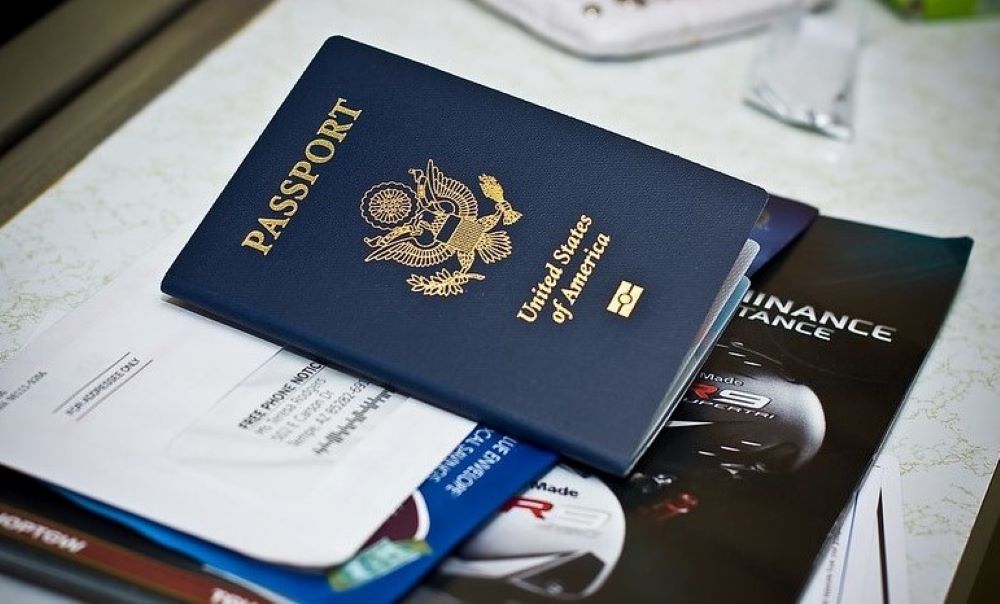LI Network
Published on: 24 September 2023 at 01:56 IST
The Punjab and Haryana High Court, presided over by Justice Jagmohan Bansal, recently addressed the issue of incomplete police reports leading to passport denials. The court’s intervention came in response to a petition requesting the re-issuance of a passport.
The petitioner had initially received a passport on February 14, 2008, which expired on February 13, 2018. Later, an FIR was registered against the petitioner under Sections 420 and 120-B of the IPC.
The petitioner applied for passport re-issuance on March 20, 2018. However, the police submitted an adverse verification report, leading the passport authority to close the petitioner’s file. Following this, the petitioner reapplied for a passport, but the respondent issued a show cause notice to which the petitioner did not respond, resulting in the closure of his application.
The petitioner’s counsel, Paras Chander, argued that the police had not filed a report under Section 173 Cr.P.C. against the petitioner. Consequently, the petitioner’s case did not fall under either Clause (e) or (f) of Section 6(2) of the Passport Act, 1967.
The High Court noted a concerning trend of more than 10 passport-related cases arising daily due to passport denials, primarily based on adverse police verification reports. It found that police officials frequently submitted incomplete reports, leading to the denial of passports. In many cases, the police would casually mention that an FIR was pending against the applicant without providing the actual status of the FIR.
The court further highlighted that after issuing notices to both the passport authority and the State, it often became apparent that the police had either filed a cancellation report, no police report under Section 173 of Cr.P.C. had been filed, or the applicant had already been convicted. Additionally, in cases of convictions, more than five years had passed since the date of application, and the sentences imposed were often less than two years.
Recognizing the potential to reduce litigation significantly with complete information from the police authorities, the bench issued a directive to all police officials operating within the court’s jurisdiction. They were instructed to provide comprehensive verification reports using the enclosed format.
The case was titled “Balwinder Singh v. Union of India and Others.”

